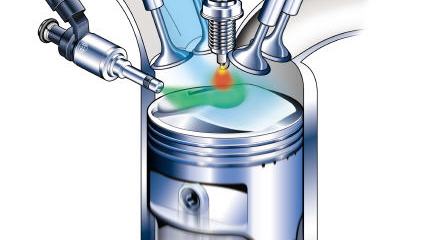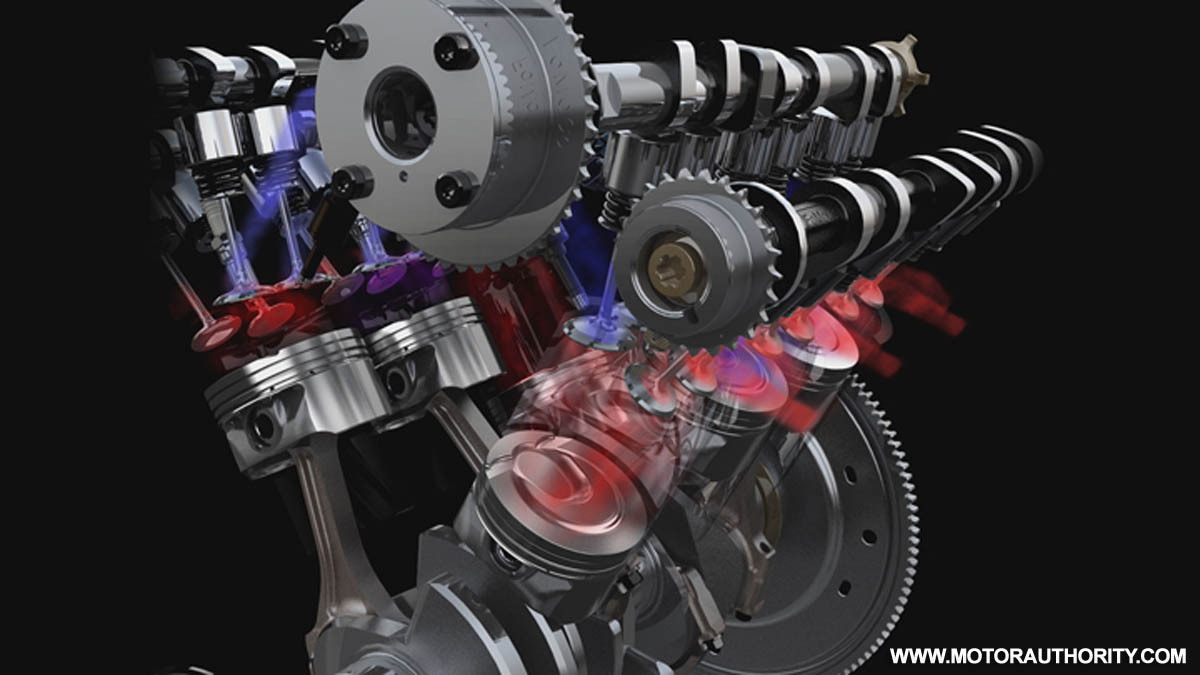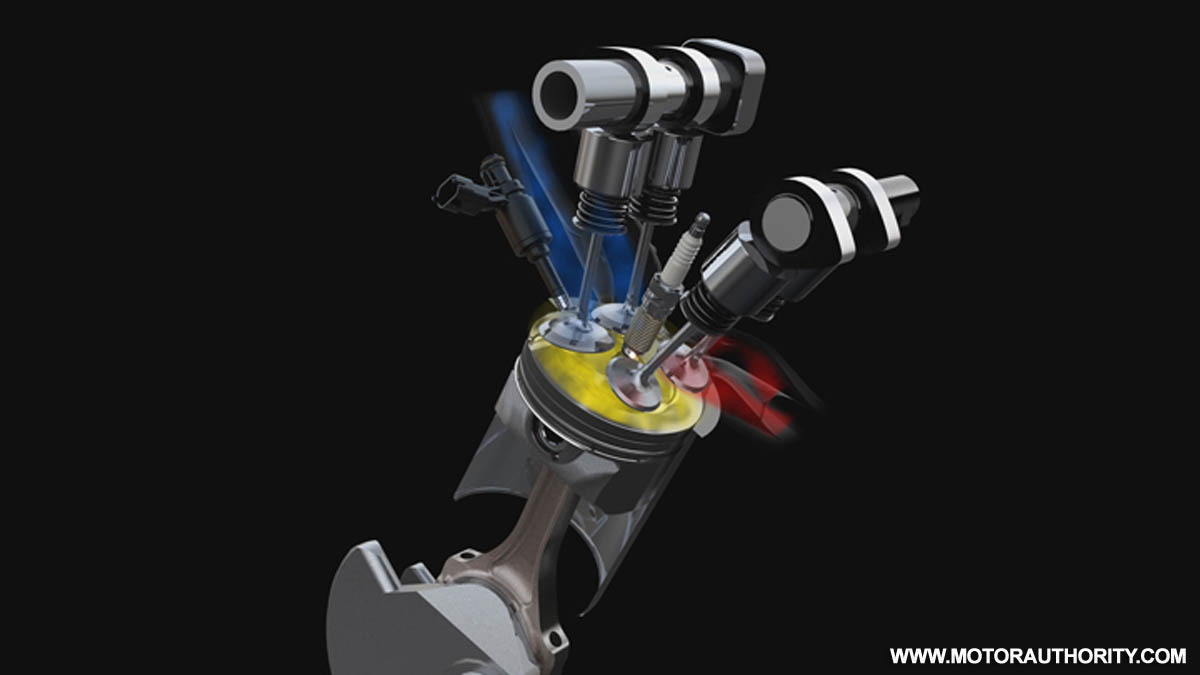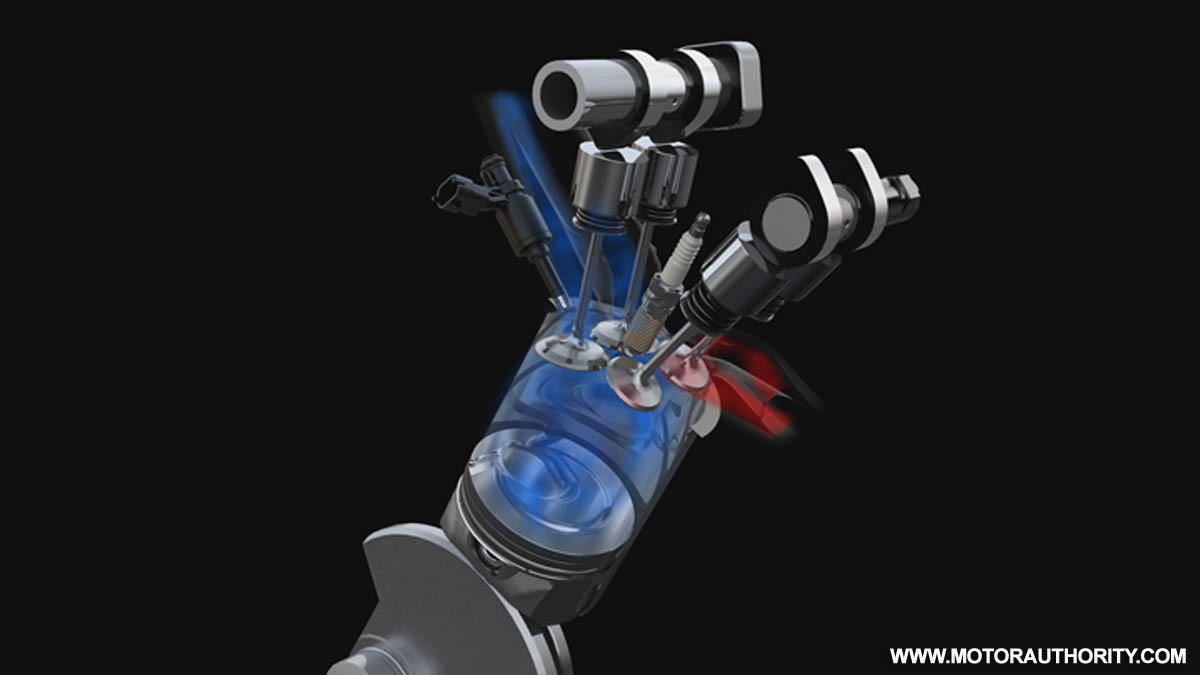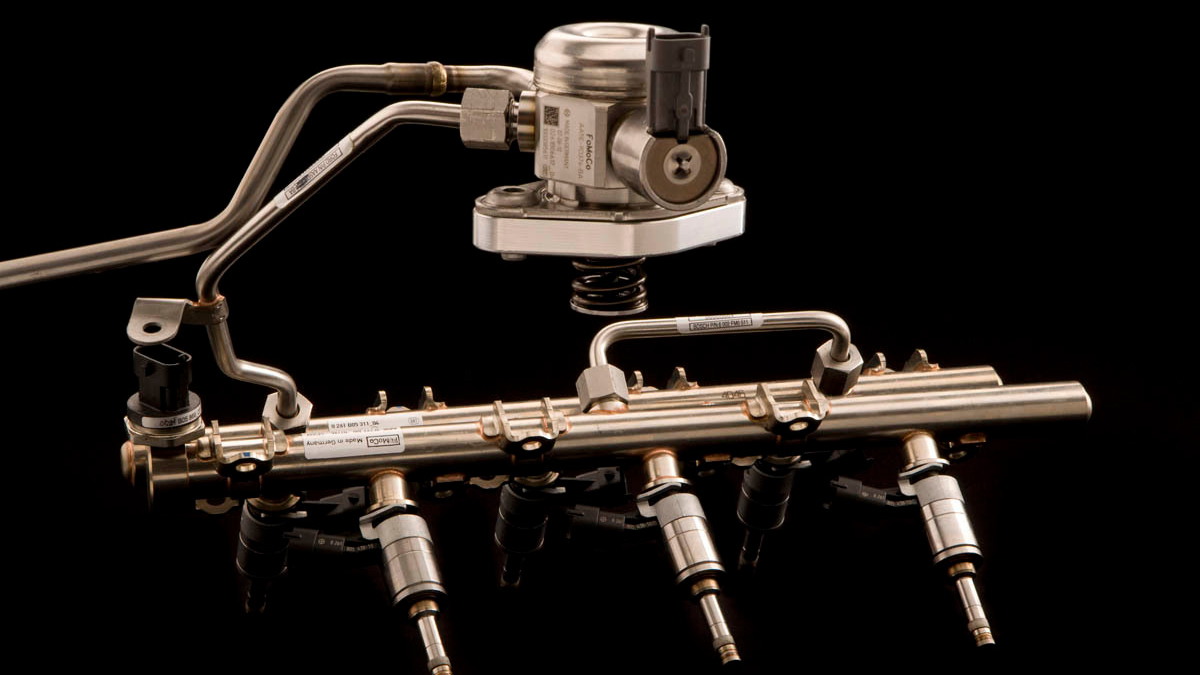The 1.6L engine will go into production within two years and will be among the first of Ford’s new-generation of global petrol powertrains featuring turbocharging and direct injection technology in a low displacement unit.
Ford claims that EcoBoost petrol engines will deliver improved fuel economy and emissions without compromising driving performance, thereby providing a cheaper solution to rising fuel costs than hybrid cars. Compared with current larger displacement petrol engines of similar power, these new engines are expected to provide up to 20% better fuel economy and up to 15% lower CO2 emissions. Ford will reportedly charge a $700 premium for the EcoBoost option in the U.S., but claims this initial outlay will be returned many times over during the life of the car thanks to the fuel savings.
EcoBoost will debut in the Lincoln MKS sedan and Ford Flex crossover, but the Blue Oval envisages the technology one day appearing across its entire lineup.
EcoBoost engines will join the existing Ford ECOnetic range of frugal, ultra-low CO2 diesel vehicles launched this year – the Focus ECOnetic (115g CO2/km), the Mondeo (139g) and all-new Fiesta (98g) capable of over 76mpg. A new Ford Ka ECOnetic has also been confirmed.
There has also been talk of Ford developing a new ethanol-injection system that works by injecting a blast of ethanol directly into the cylinder chamber before combustion. The burning of ethanol has the positive side effect of cooling the combustion chambers, and when combined with the higher octane rating of the organic-derived fuel power efficiency can be boosted. The end result of this is diesel-like economy from a petrol engine, however Ford is yet to confirm any plans to implement the technology.
